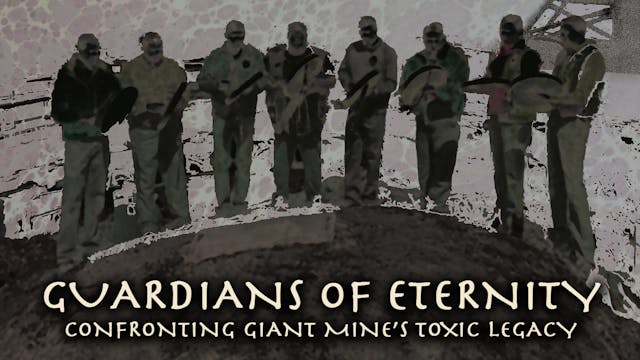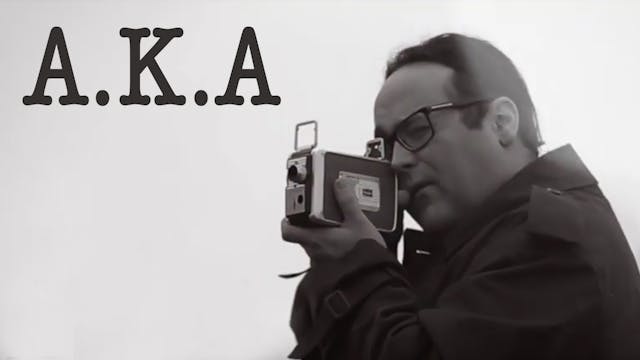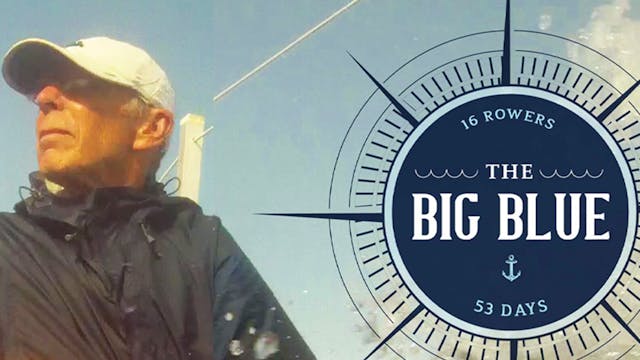Borderland Memories
Social Sciences and Humanities
•
1h 1m
Borderland Memories follows filmmaker Edie Steiner’s questions around historical complicity and intergenerational belonging, beginning with her quest to locate her father’s former home in Lower Silesia. Her ancestors were among the millions of ethnic Germans expelled from Silesia when it was annexed to Poland after WW2. Performing most of her own cinematography, Steiner’s project investigates borderlands as negotiated spaces mediated by images, culture, and language.
The filmmaker explores her loss of intergenerational cultural belonging as a German immigrant child, a post-Holocaust identity implicated in the crimes of the nation she was born into. Over several journeys to Silesia she traces her Jewish ancestral line at national archives in Poland, explores the village of her ancestors, and interviews scholars and community members on themes of migration, borders, and witnessing the past.
Moving between still photography, archival images, family documents, original artwork, text, and a variety of digital and analogue sources, the film unfolds in a tapestry of intersecting voices with views of natural and built environments: post-Communist villages set in pastoral landscapes, the cities of Berlin and Wroclaw, and the Oder-Neisse Rivers forming the German/Polish border as both a dividing and uniting boundary. The project’s post-production took place as the pandemic began, and all picture and sound editing, music composition, graphics and artwork were produced working remotely.
Directed by Edie Steiner
http://ediesteiner.com/
Up Next in Social Sciences and Humanities
-
Guardians of Eternity
Mary Rose lives in a Dene community near an abandoned mine that produced 7 million ounces of gold but left 237,000 tonnes of arsenic behind. Her community has to worry about this toxic legacy of the Giant Mine forever.
-
The Big Blue
A feature length documentary about Canadian writer Charlie Wilkins and his 53 day, 5000 km voyage across the Atlantic Ocean with 15 crewmates aboard Big Blue.



